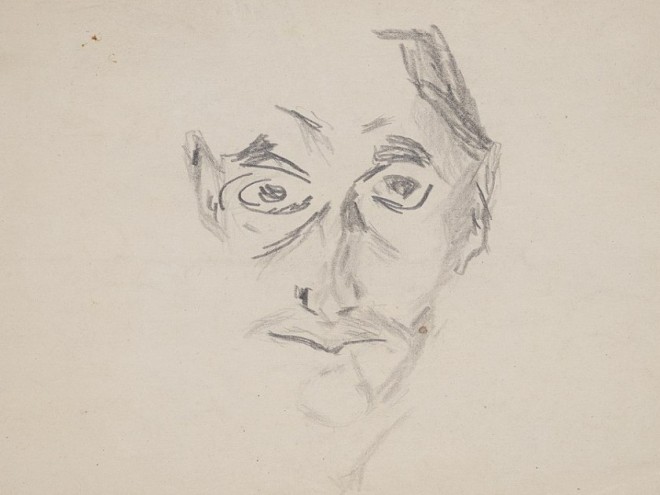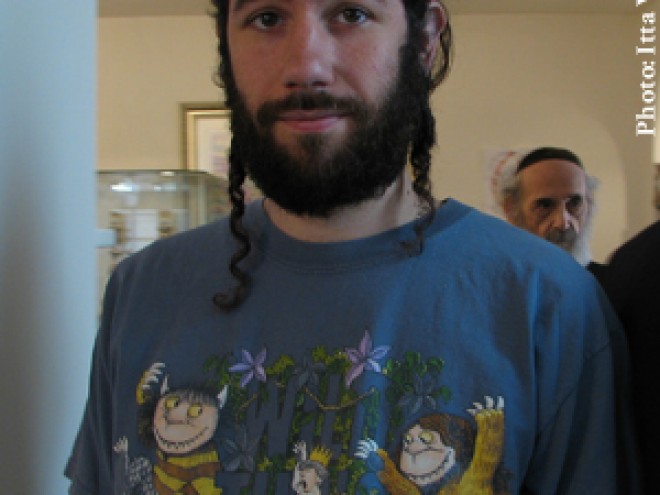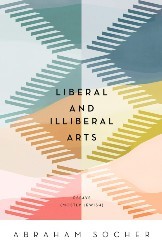One of the most telling (yet possibly apocryphal) anecdotes about the Czech Jewish writer Franz Kafka: He sits in a room full of friends and reads one of his early works aloud. At points he has to stop. He can’t carry on. He is laughing too hard.
Suffice to say, no one else is laughing.
Replace those friends in the room with — oh, I don’t know, everyone in all history — and that’s how, a lot of the time, one feels about Kafka’s stories. They’re weird and freaky and funny. Filled with an undercurrent of ultimate sadness, a bleak and desolate sorrow that will make you howl in an empty room for all eternity, Kafka’s tales are, fundamentally, silly and snarky.
At this point, I should confess my own bias. I grew up on Kafka’s stories, having happened upon them as a child after hearing things I loved described as kafkaesque. Ever since, I’ve noticed that these bizarre little stories often have little end or beginning, a sort of Aesop’s fable without a moral.
If you’re expecting explication of any sort in this diary (grounding, analysis, behind-the-scenes commentary, real-life tie-ins) you’ll be sorely disappointed. These entries — often brief, without much explanation — are little parables of their own, interspersed occasionally with journal-style recountings of ramblings, peregrinations, and bizarrely casual social and romantic events.
What there is, though, is his work. Even in his briefest thoughts — ”Story: The Evening Walks. (Invention of quick walking) Introductory beautiful dark room”—you can grasp at the threads of both the ambiguity and the haunting completeness that make Kafka’s stories so distinctive. Included also are some of his essays in their original fragments, and his fiction as it first took form (“The Stoker” was to become the first chapter of Amerika).
When Kafka asked his best friend to burn all his writings, he meant the published and completed ones — as complete as Kafka got, anyway. His stories occupy a liminal space so close to pure thought that reading his early words feels like either a confidence or a violation. Perhaps it’s both.





